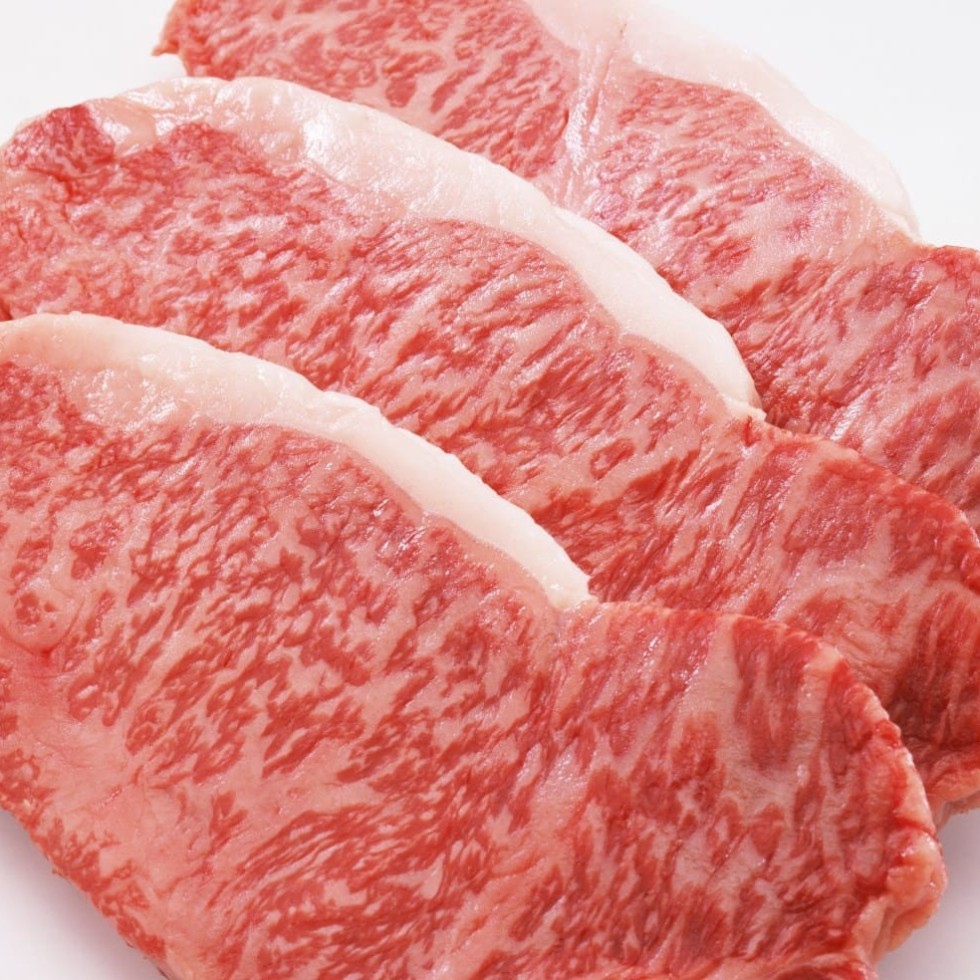 The New Zealand Government has committed NZ$11 million towards the development of a Wagyu-based grassfed beef production model based on alliances between dairy farmers and a prominent Wagyu producing company.
The New Zealand Government has committed NZ$11 million towards the development of a Wagyu-based grassfed beef production model based on alliances between dairy farmers and a prominent Wagyu producing company.
The project will aim to produce grassfed F1 Wagyu beef, utilising the breeding resources and artificial insemination skills inherent in NZ’s extensive dairy industry.
Similar Wagyu x dairy F1 breeding programs have operated successfully in Australia over the past six to eight years, including examples run by Security Foods, Stockyard Beef and Beefcorp.
Two Hawke's Bay (NZ) companies will spend NZ$23.7 million over the next seven years developing the F1 Wagyu breeding program.
The NZ Government’s Ministry for Primary Industries announced last week that it would contribute $11 million to the project, run by the nation’s best-known Wagyu producer, Brownrigg Agriculture and wholesaler/exporter, Firstlight Foods.
Brownrigg has bred Wagyu in NZ for the past 15 years, and the government’s backing, via the Primary Growth Partnership, will allow it to extend into what is seen as a largely untapped dairy industry resource.
F1 Holstein x Wagyu production is common in Japan, running in parallel with smaller but more expensive fullblood Wagyu programs.
The NZ project plans to finish the cattle on grass, while retaining a considerable proportion of the marbling expressed in longfed Japanese style grain-based feeding systems, its backers say.
Firstlight Food's Gerard Hickey told NZ Newswire last week there was a swing in US and northern European markets towards natural and grassfed production, to New Zealand’s advantage.
Using the F1 Wagyu x Holstein calves, the project aims to meet USDA high-Choice/Prime marbling grade with some consistency off grass.
Brownrigg Agriculture’s David Brownrigg said both beef and dairy farmers could lift the quality and value of their calves and finished cattle. Dairy calves were an underutilised resource in NZ, he said. Dairy bobby calves are normally sent straight to meatworks, and in Australia, at least, there is growing animal welfare scrutiny over the practice.
"Brownrigg's Wagyu bulls crossed with Kiwi dairy and Angus cows will produce outstanding beef and help us lift our game in international markets," he said during last week’s announcement.
Brownrigg has a well-established Wagyu breeding business, mostly based on live export of feeder cattle to Japan.
The other business involved in the venture, premium meat wholesaler and exporter Firstlight Foods, has had considerable export success with proteins like venison. The company specialised in managing the value-chain, from farmer producer groups to marketing the end product, managing director Gerard Hickey said.
Dairy farmers involved in the project will have the option of grass-finishing the F1 calves themselves, or work with fellow Producer Group backgrounders and finishers.
"The reason for the producer groups is the industry is all about technology transfer – aligning farmers with a market. Our belief is you have to get groups of about 30 farmers together and get them focussed on that particular supermarket chain, or region of the world,” Mr Hickey said.
"A larger network of hundreds of farmers does not produce the same attachment. We had some farmers in Los Angeles last week doing in-store demos – cooking their product in the Bristol Farms chain of stores," he said.
"We’ve found the farmers, by having skin in the game, are going to do a better job."
Wagyu x dairy alliances had been tried in NZ in the past, but had failed because such schemes were mostly about ‘selling semen’, rather than building a supply and marketing chain.
"We believe we are among the only people in the world that can produce marbled beef off grass to USDA Prime standard," Mr Hickey said. "Only 2-3pc of the entire US beef production reaches USDA Prime and it is all out of feedlots. We’ve shown we can do it off grass using a Wagyu dairy crossbred."
NZ Ministry for Primary Industries director-general Wayne McNee said the program aimed to put New Zealand marbled beef centre-of-plate, in much the same way as its lamb was in key international markets.
"We want foodies to actively seek out NZ marbled beef because it consistently delivers on taste and tenderness and embodies consumer beliefs and lifestyles."
Mr McNee said the program aligned well with NZ’s Red Meat Sector Strategy.
"It will produce unique high-value beef for discerning consumers, linking specialists in dairy farming, cattle breeding, finishing, processing and marketing, and deliver market signals effectively right through the value chain."



Although I believe that this is a great idea and good way for growing buisness in nz.. The damage it does to the wagyu beef name as these animals are crosses is not so good!! When consumers cotton on that it is not pure wagyu coming from New Zealand what will that effect have on our reputation?? These a factors that need to be assessd I think.. Why can’t you just call it prime beef after all that is what it is!!!